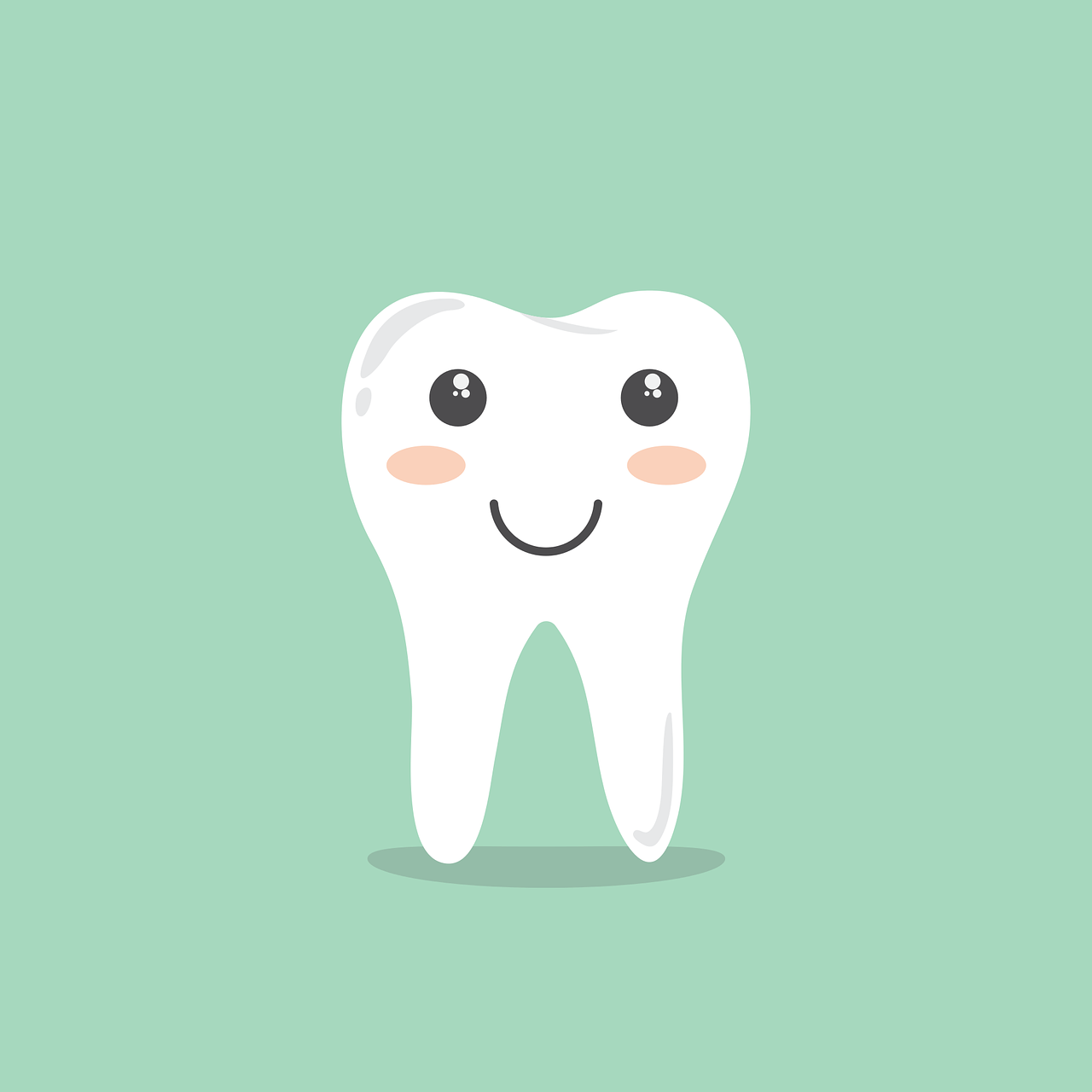Aching jaws, persistent toothaches, and yellowing teeth may all be signs it’s time to visit the dentist. Your teeth and gums require regular care to stay healthy, and a qualified dentist can assess your oral health and offer advice or treatment to protect your smile. Regular dental checkups can help keep your teeth healthy and strong, and if you experience any of the following signs, it may be time to schedule an appointment:
1. Persistent Toothache or Jaw Pain
Too much sugar or a habit of grinding your teeth can cause pain in your teeth and jaws. You can also suffer from a toothache due to infection, gum disease, or other dental issues. A persistent toothache can be a sign that you need help from a dental professional. They can assess the cause of your pain and provide treatment, such as filling a cavity or removing a decayed tooth.
2. Yellowing Teeth
Yellowing teeth can be caused by poor hygiene, smoking, and drinking coffee and tea. While there are over-the-counter remedies to whiten your teeth, these products may not be enough to reverse years of staining. A professional teeth whitening procedure from a dentist may help restore your teeth to a whiter shade.
3. Chronic Bad Breath
Poor hygiene can cause bad breath, but there may be other reasons behind an unpleasant taste in the mouth, such as gum disease or infection. When plaque and bacteria build up along the gum line, it can irritate your gums and cause bad breath. Treatments like deep scaling are available to eliminate the bacteria. A dental professional can also provide preventative advice to prevent bad breath.
4. Sensitivity to Hot or Cold Temperatures
Temperature sensitivity can indicate dental issues like cavities or cracked teeth. When the nerves in your teeth are exposed to extreme temperatures, it can cause pain and discomfort. The bacteria in a cavity can cause inflammation and worsen the sensitivity. Visit your dental professional for a check-up if you experience pain when eating hot or cold foods.
5. Loose Teeth or Receding Gums
Gum disease or poor oral hygiene can damage the tissues in your mouth, leading to receding gums and loose teeth. The loss of support for your teeth can make them become crooked or shift them out of place. In extreme cases, getting dental implants or partial dentures may be necessary to replace the missing teeth. A qualified dental surgeon can diagnose gum disease and offer treatments like scaling or surgery to help you regain oral health.
6. Red, Swollen, or Bleeding Gums
Gingivitis, the first stage of gum disease, can cause inflammation, redness, and swelling. If you notice blood when you brush or floss your teeth, it could be a sign of gum disease. Gingivitis can progress into periodontitis, a gum infection that destroys the bone and tissues around your teeth, leading to tooth loss. A dental specialist can detect gingivitis and recommend suitable treatment options.
7. Dental Abscess Causing Pain and Swelling
A dental abscess is an infection that can cause a pocket of pus to form around the gum line and near a tooth. It can cause pain, swelling, fever, and bad breath. If left untreated, it could lead to serious medical complications such as sepsis or it could spread to the surrounding tissues. A dentist may suggest draining the abscess or removing an infected tooth.
8. Signs of Oral Cancer
Oral cancer is a serious disease that can cause sores, lumps, white patches, and other changes in the mouth. Early detection can improve your prognosis, so visit your dental professional if you experience any signs. If you have a family history of the disease, schedule regular oral cancer screenings. The dentist will examine your mouth and perform a biopsy to determine the cause of any abnormal changes.
Schedule Regular Check-ups With Your Dentist
Regular check-ups with a dentist can help catch problems early and keep your teeth in top condition. Your dentist can examine the health of your teeth and gums, remove plaque buildup, treat any issues, and provide personalized tips for maintaining good oral hygiene. If you experience any of these signs, visit your dental professional as soon as possible to prevent further damage.





Be First to Comment